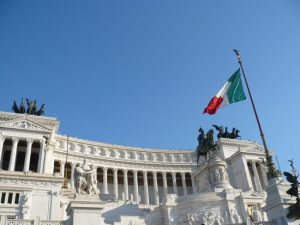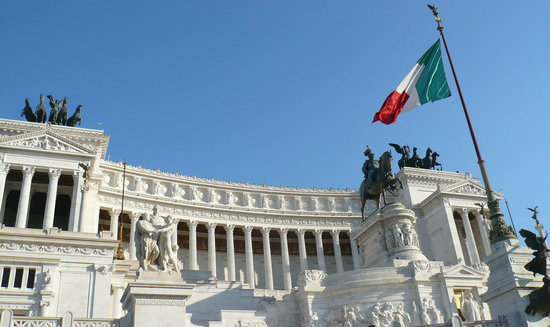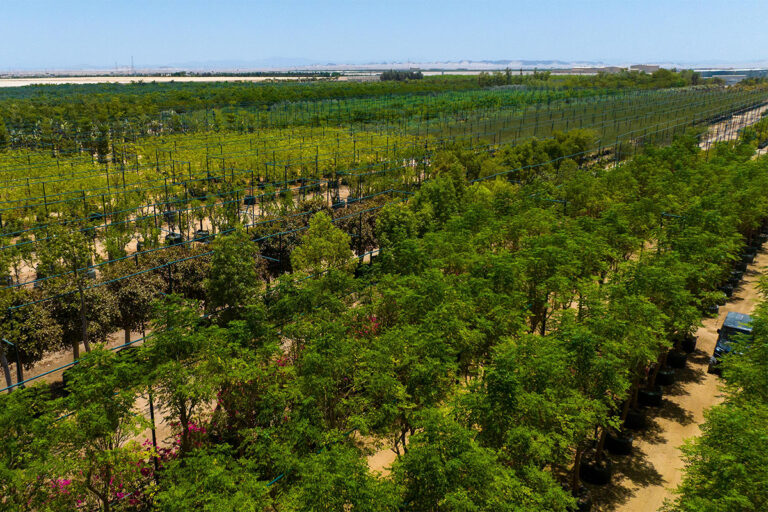At Davos this year, politicians and policymakers are debating the next stage in the integration of international trade, with giant regional free trade agreements set to transform global flows of goods and services.
At the same time, the world’s consumers are increasingly willing to pay a premium for products made to the highest standards of sustainability.

Few countries are as well positioned to benefit from these two trends as much as Italy, where the business community’s commitment to high quality exports has long been a source of national pride.
“Italy is one of the EU’s leading countries in ensuring the sustainability of its products and of its entire supply chain,” Carlo Calenda, Deputy Minister for Economic Development says. “There is now a fantastic opportunity for Italian companies, as emerging markets such as China switch to consumption-led growth and towards more sustainable models of development.”
The increase in exports is currently powering the Italian economic recovery. In the first ten months of 2015, Italian exports to countries outside the European Union rose by 3.7 percent. That performance reflects not only the strength of foreign economies, but also a targeted campaign by Italy’s governments and businesses to focus on expanding its market share in those countries where trade barriers are coming down fastest.
“The world’s consumers are willing to pay higher prices for the sustainability and quality of Made in Italy products,” Carlo Calenda, Deputy Minister for Economic Development
“Because of the high level of tariff and non-tariff barriers in countries in the Mercosur bloc, in South America we have switched our focus to more open markets, such as the members of the Pacific Alliance like Chile and Colombia,” Calenda explains.

The country’s export performance is increasingly geared to the on-going wave of new free trade deals. Following last year’s landmark Trans-Pacific Partnership agreement, all eyes are now on the proposed Transatlantic Trade and Investment Partnership (TTIP) between the EU and US, which will lead to the creation of a de facto free trade area representing 63% of world trade. Participating countries will be committed to the values of sustainability and quality for which Italian products are celebrated worldwide.
“When Europe and the US come together to set very high standards for entering the market, standards will inevitably go up worldwide,” Calenda says. “This will be a very positive development both for Italy and for sustainable development in general.”![]()









